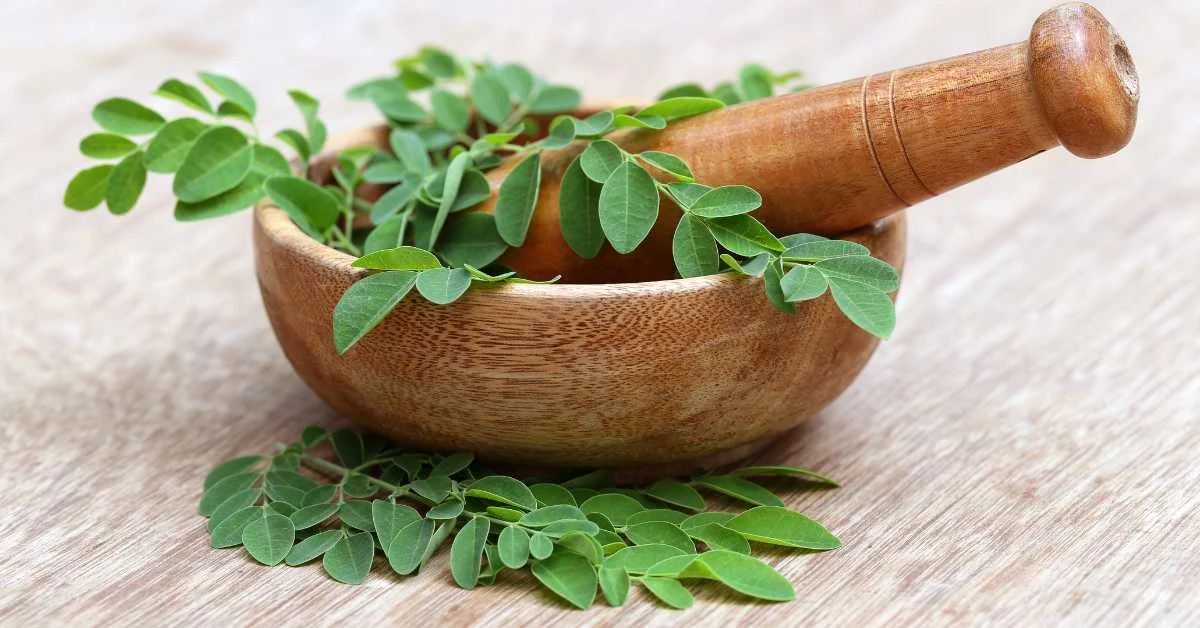The Marvelous Benefits of Moringa Tree Leaves: A Nutritional Powerhouse
Moringa tree leaves, also known as “miracle leaves,” have been gaining popularity in recent years due to their incredible nutritional and health benefits. Originating from the Moringa oleifera tree, these leaves are packed with essential vitamins, minerals, and antioxidants that can contribute to overall well-being. In this article, we will explore the various aspects of Moringa tree leaves, from their nutritional value to their traditional use in medicine, as well as ways to incorporate them into your diet. Get ready to discover the ultimate superfood!
Nutritional Benefits of Moringa Tree Leaves
When it comes to nutrition, Moringa leaves are a powerhouse. They contain an impressive array of vitamins, including vitamin A, vitamin C, and vitamin E, which are essential for maintaining a strong immune system and healthy skin. Additionally, they are rich in minerals such as calcium, iron, and potassium, vital for bone health, blood circulation, and proper cell function. What sets Moringa tree leaves apart from other greens is their high protein content, making them an excellent choice for vegetarians and vegans looking to meet their protein needs.
Health Benefits of Moringa Tree Leaves
The health benefits of Moringa leaves are truly remarkable. Studies have shown that these leaves possess anti-inflammatory and antioxidant properties, which can help reduce the risk of chronic diseases such as heart disease and diabetes. They also have antimicrobial properties, making them effective in fighting off infections and supporting a healthy immune system. Furthermore, Moringa tree leaves have been found to regulate blood sugar levels, improve digestion, and promote healthy weight management. Incorporating these leaves into your diet can have a positive impact on your overall health and well-being.
Moringa Tree Leaves in Traditional Medicine
In many cultures around the world, Moringa leaves have been used for centuries in traditional medicine. They are believed to have numerous medicinal properties and are often used to treat various ailments. For example, in Ayurvedic medicine, Moringa leaves are used to alleviate digestive issues, reduce inflammation, and boost energy levels. Traditional healers in Africa use these leaves to treat skin infections, respiratory problems, and even snake bites. While more scientific research is needed to fully understand the medicinal potential of Moringa tree leaves, their historical use in traditional medicine highlights their potential therapeutic value.

How to Incorporate Moringa Tree Leaves into Your Diet
Incorporating Moringa tree leaves into your diet is easier than you might think. One simple way is to add powdered Moringa leaf to your smoothies or juices for an instant nutritional boost. You can also sprinkle the powdered or dried leaves onto salads, soups, or roasted vegetables for a vibrant green touch and added nutritional value. For those who prefer a milder taste, Moringa leaf capsules or tablets are available as dietary supplements. Additionally, you can find Moringa leaf tea, which is a refreshing and nourishing alternative to traditional teas. Experiment with different methods of incorporating Moringa tree leaves into your diet to find what works best for you.
Moringa Tree Leaves Recipes and Cooking Ideas
If you enjoy cooking, there are plenty of delicious recipes that feature Moringa leaves as a star ingredient. For a nutritious twist, try adding fresh Moringa leaves to your pesto sauce or blending them into a creamy soup. You can also create a flavorful Moringa leaf stir-fry by sautéing the leaves with garlic, ginger, and your choice of vegetables. For a sweet treat, consider making Moringa leaf energy balls or adding powdered Moringa leaf to your baking recipes. The versatility of Moringa leaves allows for endless culinary possibilities, making healthy eating a delightful experience.
Growing and Cultivating Moringa Trees
If you’re interested in harnessing the power of Moringa leaves straight from your backyard, growing and cultivating Moringa trees is a rewarding endeavor. These trees thrive in tropical and subtropical climates, requiring well-drained soil and plenty of sunlight. Moringa trees are fast-growing and can reach heights of up to 40 feet, providing an abundant supply of leaves. Whether you choose to grow Moringa trees for personal use or as a small business venture, their resilience and productivity make them an excellent addition to any garden or farm.
Sustainability and Environmental Impact of Moringa Trees
Besides their nutritional and health benefits, Moringa trees have a positive impact on the environment. They are highly sustainable, requiring minimal water and nutrients to grow. Additionally, Moringa trees have the ability to improve soil quality and prevent erosion, making them valuable for reforestation efforts. The leaves of Moringa trees can also be used as animal feed, reducing the pressure on traditional livestock feed sources. Embracing the cultivation of Moringa trees not only benefits our personal well-being but also contributes to a more sustainable and eco-friendly future.
Moringa Tree Leaves Supplements and Products
For those who prefer convenience or have limited access to fresh Moringa leaves, there is a wide range of Moringa leaf supplements and products available in the market. These include Moringa leaf powders, capsules, teas, and even skincare products. When choosing Moringa leaf supplements, it’s important to look for reputable brands that prioritize quality and sustainability. Reading customer reviews and checking for certifications can help ensure that you’re getting a reliable and ethically sourced product. Incorporating Moringa leaves into your daily routine has never been easier with the availability of these supplements and products.
Conclusion:
In conclusion, Moringa tree leaves are a true superfood, offering a wealth of nutritional and health benefits. From their impressive array of vitamins and minerals to their potential in traditional medicine, these leaves have captivated the attention of health enthusiasts worldwide. Whether you choose to grow Moringa trees in your backyard, incorporate Moringa leaf powder into your smoothies, or explore the various Moringa leaf products on the market, embracing the power of Moringa leaves can have a transformative impact on your well-being. So why not give this ultimate superfood a try and experience the wonders of Moringa leaves for yourself?





